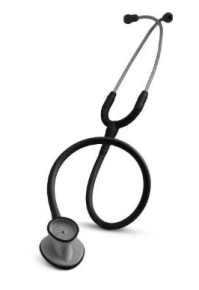Medical space leasing requires more consideration and deeper analysis than typical commercial leases. Various federal and state laws regulate financial relationships of medical providers which in turn dictate the terms of a lease.
|
|
||||
|
What’s the difference between the federal physician self-referral law — commonly referred to as the Stark law — and the antikickback statute? We highlighted some of the main distinctions. The federal self-referral law, often referred to as the Stark Law, prohibits a physician from referring patients to receive “designated health services” (DHS) payable by Medicare or Medicaid to an entity with which the physician or an immediate family member has a financial relationship. See 42 U.S.C. §1395nn. Most physician employment contracts contain a non-compete clause as a condition of employment. It is easy to overlook, but it places limits on a doctor’s ability to find future work or practice in a location of choice and therefore should be carefully considered. While referral fees is a common practice for many businesses, it’s a big no-no when it comes to the practice of medicine in New York and physicians may be staring down professional misconduct charges if they cross the line. Many laws and regulations speak to this issue. In addition to any state laws that may impact a doctor’s practice, the main civil Federal laws and their implementing regulations that concern physicians are the False Claims Act, the Anti-Kickback Statute, the Physician Self Referral Act (often called the Stark Law), the Exclusion Statute, and the Civil Monetary Penalties Law. An additional law that |
||||

